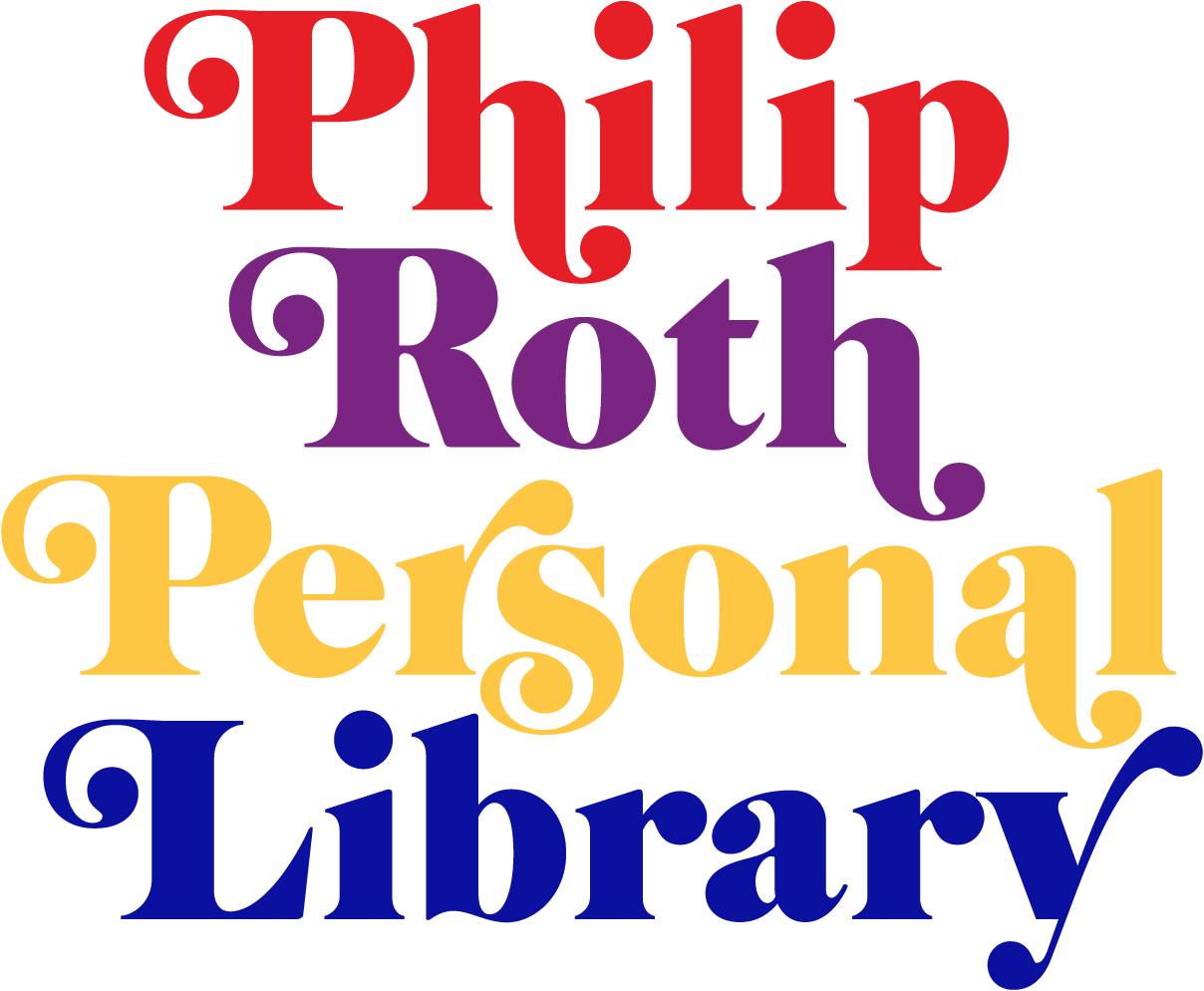For The Length of a Single Sentence
Philip Roth lays it out calmly, almost like building a case in court, but not letting up for a second, that he was neither a Jewish American nor American Jewish writer. Certainly, he was an American writer and a Newark Jew, he wrote in a Life and Letters column “I Have Fallen in Love with American Names” in The New Yorker (2017) less than a year before he died.
Roth’s insistence came to mind in recent days as the writer Stephen Sampson offered his own reasons on why he continues to refer to Roth as an American Jewish writer during an excellent discussion Sampson hosted on Portnoy’s Complaint at a September 9, 2023 session of the Philip Roth Personal Library Book Club.
The Paris-based literary critic and novelist, clear and forthright in his research and views, considers Portnoy’s Complaint, Roth’s 4th of 31 books, the author’s most important novel and most fun. You can watch the book club session here.
Sampson said it is Roth’s writing in a Jewish voice, including using Yiddish words that made the novel Sampson’s own favorite along with other novels in Roth’s first decades of writing. Sampson said he was not drawn in the same way to Roth’s later critically acclaimed novels absent that Jewish voice such as the American Trilogy: American Pastoral (1997), I Married a Communist (1998), and The Human Stain (2000).
‘If you like the Roth from the late 1990s, 2000s, he’s an American writer,” Sampson suggested. “If you like the earlier Roth, then he’s an American Jewish writer.’
“A Newark Jew –why not? But an American Jew? A Jewish American?” Roth wrote in The New Yorker piece. “For my generation of native-born--whose omnipresent childhood spectacle was the U.S.A’s shifting fortunes in a prolonged global war against totalitarian evil and who came of age and matured, as high-school and college students, during the remarkable makeover of the postwar decade and the alarming onset of the Cold War--for us no such self-limiting label could ever seem commensurate with our experience of growing up altogether consciously as Americans, with all that that means, for good and for ill. After all, one is not always in raptures over this country and its prowess at nurturing, in its own distinctive manner, unsurpassable callousness, matchless greed, small-minded sectarianism, and a gruesome infatuation with firearms.”
“The list of the country at its most malign could go on, but my point is this: I have never conceived of myself for the length of a single sentence as an American Jewish, or Jewish American writer, any more than I imagine Dreiser and Hemingway and Cheever thought of themselves while at work as American Christian or Christian American or just plain Christian writers. As a novelist, I think of myself, and have from the beginning, as a free American and –though I am hardly unaware of the general prejudice that persisted here against my kind till not that long ago –as irrefutably American, fastened throughout my life to the American moment, under the spell of the country’s past, partaking of its drama and destiny, and writing in the rich native tongue by which I am possessed.” 1
References:
Philip Roth, “I Have Fallen in Love with American Names,” The New Yorker, May 29, 2017. https://www.newyorker.com/magazine/2017/06/05/i-have-fallen-in-love-with-american-names
(Adapted from an acceptance speech for the National Book Foundation’s Medal for Distinguished Contribution to American Letters, Nov. 20, 2002.)
